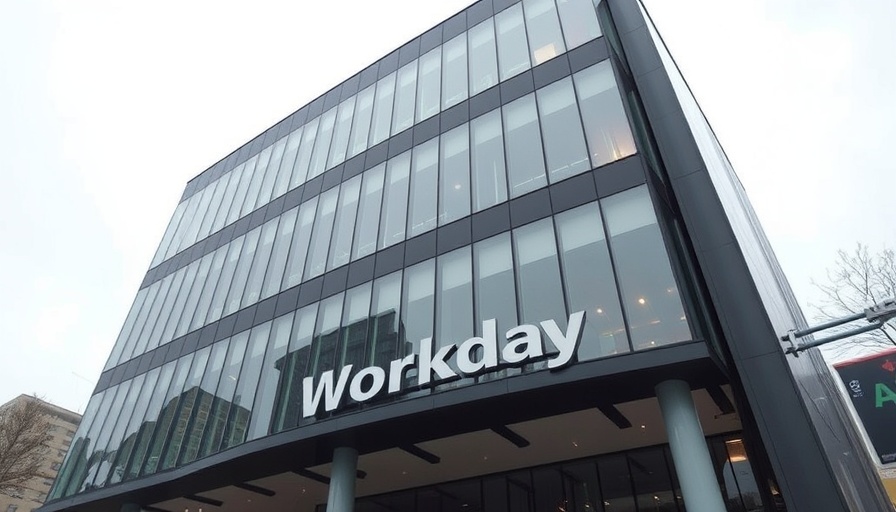
Workday's Controversial Victory: Balancing Transparency and Business Interests
In a significant ruling that has drawn attention within the HR and corporate sectors, a federal judge has allowed Workday, Inc., to limit its disclosure of a customer list amid an ongoing discrimination lawsuit. The case, known as Mobley v. Workday, Inc., raises critical questions about privacy, transparency, and the implications of artificial intelligence (AI) in workplaces across America.
Judge Rita Lin's decision means that, although Workday must provide a list of employers using its platform’s AI features, they will not be required to disclose the full customer list that plaintiffs had desired. This exemption is grounded in Workday’s claim that revealing such information could cause 'significant implications for Workday and its competitive positioning in the marketplace.' The ruling reveals the tension between the need for transparency in corporate practices and the proprietary interests of companies that leverage advanced technologies.
Why This Matters: Impacts on Workforce Strategy
For Chief Human Resources Officers (CHROs) and workforce strategists, this case highlights the increasing integration of technology in talent management and workforce optimization. The implications extend beyond legal boundaries; companies need to navigate how employee engagement and performance metrics are impacted by the technology solutions they employ. With AI shaping performance-driven leadership, organizations must consider the ethical ramifications of how these tools are utilized.
A Call for People-First Leadership
Amidst these developments, a people-first approach remains vital. As organizations adapt to the evolving workforce landscape, there is an increasing urgency to prioritize employee well-being and retention strategies. By fostering an environment where transparency exists alongside innovation, leaders can align business practices with ethical considerations, ensuring a high-performance culture that supports engagement and employee satisfaction.
This ruling serves as a wake-up call for businesses to assess not only how they leverage technology but also how they frame employee-centric policies. A balance must be struck—one that empowers employees while protecting corporate interests.
Looking Ahead: A Shift in Corporate Policies?
As the case continues to unfold, there are broader implications for organizations navigating similar challenges. The findings may inspire a shift in corporate policies towards more transparent and accountable HR practices. Furthermore, it underscores the importance of leadership development in creating a culture of trust—a necessity for both compliance and ethical governance.
The response from various stakeholders in the HR community indicates a growing recognition of the need for balanced discourse around technology use in human resources. Moving forward, leaders will have to engage in proactive discussions to align workforce strategy with ethical technology application.
 Add Row
Add Row  Add
Add 




Write A Comment